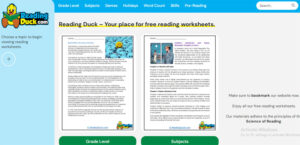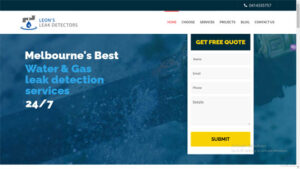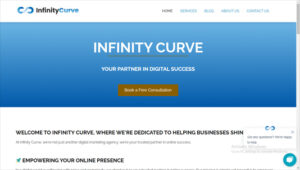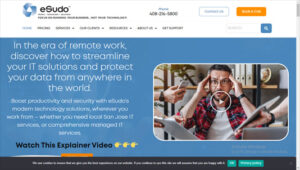Empowering Learning: Exploring the Best Literacy Resources for All Ages
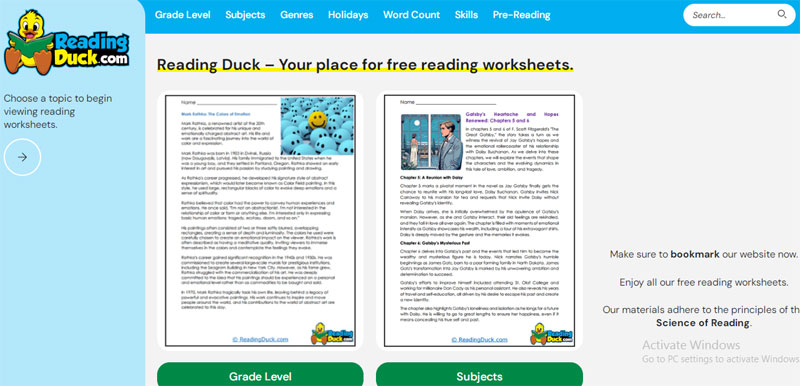
Literacy is the cornerstone of education and personal growth. It goes beyond just reading and writing; it’s about understanding, interpreting, and communicating effectively. Whether you’re an educator, parent, or lifelong learner, access to the right literacy resources can make a profound difference. In this blog post, we’ll explore the best literacy resources available, their benefits, and how to use them effectively to enhance learning for all ages.
Why Literacy Resources Are Essential
Literacy resources are tools, materials, or platforms designed to develop and support reading, writing, and communication skills. They are essential because:
- They Bridge Learning Gaps: Providing access to structured resources helps learners of all levels master essential skills.
- Promote Critical Thinking: Literacy activities encourage analyzing and understanding complex ideas.
- Enhance Confidence: Improved literacy boosts self-esteem and opens doors to academic and career opportunities.
- Support Lifelong Learning: Literacy skills are invaluable across all stages of life, from childhood to adulthood.
Top Literacy Resources for Different Needs
Here’s a curated list of literacy resources for various age groups and learning levels:
For Young Learners (Preschool and Elementary)
- Starfall
Interactive games and activities designed to teach phonics and reading in an engaging way.
Visit Starfall - ABCmouse
A comprehensive early learning platform with lessons in reading, math, and more.
Visit ABCmouse - Scholastic Kids
Free reading activities, book recommendations, and games tailored for young readers.
Visit Scholastic Kids
For Middle and High School Students
- ReadWorks
Free reading passages and comprehension activities designed to improve literacy skills.
Visit ReadWorks - NoRedInk
A platform focusing on grammar, writing, and editing skills through interactive exercises.
Visit NoRedInk - CommonLit
A library of high-quality reading materials, including fiction and non-fiction, for advanced comprehension.
Visit CommonLit
For Adults and Lifelong Learners
- Project Gutenberg
Access over 60,000 free eBooks, including classic literature and non-fiction, to improve reading skills and knowledge.
Visit Project Gutenberg - ProLiteracy
Resources and programs designed for adult learners seeking to improve literacy and life skills.
Visit ProLiteracy - Khan Academy
Offers courses in reading, grammar, and writing for learners of all ages, completely free.
Visit Khan Academy
How to Make the Most of Literacy Resources
To maximize the effectiveness of these resources, consider these strategies:
- Set Clear Goals
Define what you want to achieve, whether it’s improving vocabulary, grammar, or critical thinking skills. - Create a Routine
Consistent practice ensures gradual and steady progress. - Incorporate Variety
Use a mix of digital tools, printed materials, and hands-on activities to keep learning engaging. - Track Progress
Use progress tracking tools or journals to monitor improvement and identify areas that need extra focus. - Encourage Collaboration
Join reading groups, forums, or family activities to make literacy learning a shared experience.
Why Access Matters: Free and Low-Cost Literacy Resources
One of the biggest barriers to literacy development is access. Fortunately, many platforms offer free or affordable resources to ensure equitable learning opportunities. Libraries, community centers, and nonprofit organizations also provide support for learners of all ages.
Final Thoughts
Literacy is a lifelong skill that empowers individuals to achieve their potential and contribute meaningfully to society. With the right resources, learning can be both effective and enjoyable. Whether you’re introducing a toddler to their first book, helping a teenager analyze literature, or supporting an adult learner’s goals, the literacy resources mentioned here can help illuminate the path to success.
Which literacy resources have you used and loved? Share your experiences and recommendations in the comments below—we’d love to hear from you!
